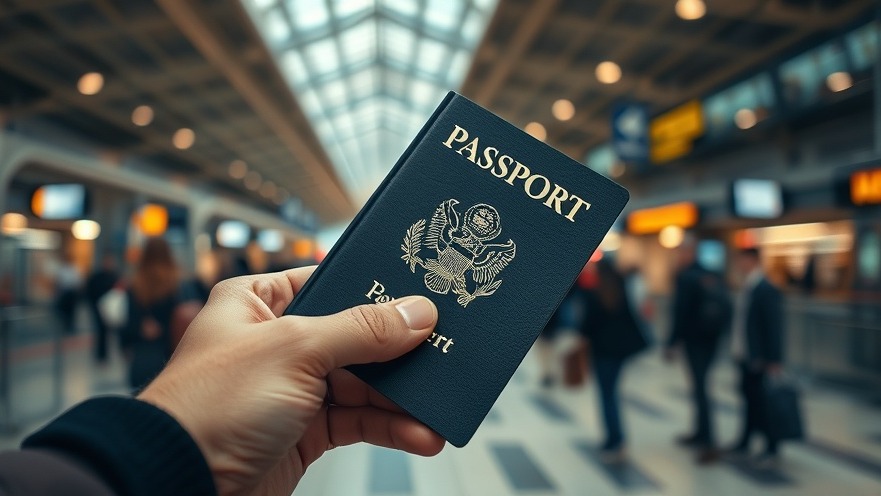
Revolutionizing Air Travel: A New Era of Seamless Journeys
As airports around the globe prepare to eliminate boarding passes and check-in processes, the travel industry is on the brink of a groundbreaking transformation. Spearheaded by the International Civil Aviation Organization (ICAO), the introduction of a digital travel credential—also known as a 'journey pass'—is set to redefine how travelers experience air travel.
The Digital Credential: How It Works
With this innovative digital travel credential, passengers would simply download the necessary information onto their smartphones at the time of booking. Gone are the days of paper tickets and long queues at check-in desks. This digital shift aims to streamline airport processes by automatically managing passport details, boarding passes, and check-ins.
Biometric Security: The Future of Identification
At the core of this modernization is biometric technology, which allows travelers to utilize a biometric passport stored on their phones. This technology will enable them to check bags, navigate through security checks, and board flights—all through facial recognition, removing the need for any physical documentation.
The Industry’s Evolution: Drawing Parallels with E-Ticketing
According to Valerie Viale from travel technology giant Amadeus, "The last major shift in aviation was the move to e-ticketing in the early 2000s. The industry has decided it’s time to adopt more modern systems." This evolution from physical to digital is not just a trend; it's a paradigm shift designed to enhance efficiency and convenience for both airlines and passengers.
Challenges on the Horizon: Privacy and Integration Concerns
Despite the promising prospects of this digital future, skepticism persists within the industry regarding the practical rollout of these advancements. Experts voice concern over privacy issues and the complexities of integrating biometric systems globally. The implementation challenges can be likened to the U.S. Real ID program, which still faces significant obstacles nearly two decades after its inception.
What Does This Mean for Digital Nomads and Remote Workers?
For digital nomads and remote income seekers, this modernization in travel presents unique benefits. Enhanced efficiency can lead to more time spent in new locations and less time navigating airport bureaucracy. It also positions the world of travel closer to a seamless, globalized experience that appeals to the dynamic lifestyles of remote workers.
Future Trends: What Lies Ahead in Air Travel
The ICAO anticipates that a full adoption of the digital travel credential system could occur within the next two to three years. However, the timeline is contingent on international collaboration and infrastructural readiness, hinting at a potentially uneven landscape as regions adopt these new technologies at different rates.
As we look towards the future, digital nomads and technology enthusiasts should stay informed on these developments. The integration of digital tools and innovations not only shapes travel but influences how we work, connect, and explore the globe. The upcoming changes could also herald opportunities for greater flexibility and adaptability in travel, perfectly aligning with the values of remote work culture.
Conclusion: Embracing the Change
The shift towards digital travel credentials and biometric verification points toward a smarter, more automated future for air travel. For those seeking to leverage the advantages of this evolving landscape, staying informed and adaptable will be key. As these technologies develop, they hold the potential to create a more efficient, secure, and enjoyable travel experience for everyone.
 Add Row
Add Row  Add
Add 




Write A Comment